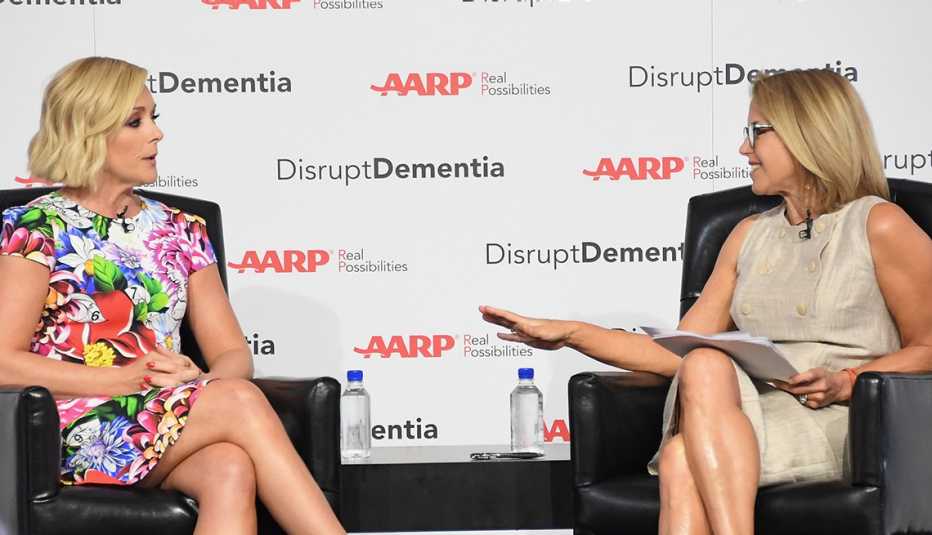Staying Fit




While she’s best known for being brilliantly funny — playing loony but lovable characters like Jenna Maroney in 30 Rock and Jacqueline White in Unbreakable Kimmy Schmidt — Jane Krakowski, 49, sat down with AARP for a very serious talk about vascular dementia, the disease that claimed her father, Edward Krajkowski, in August 2016. In the time since then, she’s continued to work at her usual dizzying clip as well as to raise her young son. But the loss of the man she credits with everything from the inspiration for her career to her sense of humor runs deep. While sharing warm memories of her father was not easy for her, Krakowski says she’s determined to lend her voice to the hunt for better dementia treatments and to help other families facing the disease know that “they aren’t alone.”


AARP Membership— $12 for your first year when you sign up for Automatic Renewal
Get instant access to members-only products and hundreds of discounts, a free second membership, and a subscription to AARP the Magazine.
Your father was a huge influence on your career, and a great listener. Tell me a little more about him.
My father was hilarious, and a smart, well-educated man with several degrees. He had hobbies like magic and community theater, which developed into an interest in country music and dancing. My parents had a lot of interests outside of their occupations, which would fill their fun times and weekends. My father taught himself so many things, like piano and guitar. He used his brain in so many ways, yet he was still afflicted with early-onset dementia. So, you know, it could hit any of us at any time.
How old was he when those first signs of a problem appeared?
He started having signs that something was wrong around 61, while he was still working as an engineer. He felt that he needed to retire as quickly as he could because he was worried about starting to make mistakes. But at that time we didn’t have any idea what it could be. There were no known cases of dementia in our family.
How long did it take to get a diagnosis?
It was about four years until he was diagnosed with early-onset dementia, and then it was maybe another five years before he was ultimately diagnosed with vascular dementia.

































































More on health
Caregiving Roles: The Entertainment Director
A daughter makes sure her mother stays active and engaged despite her dementia